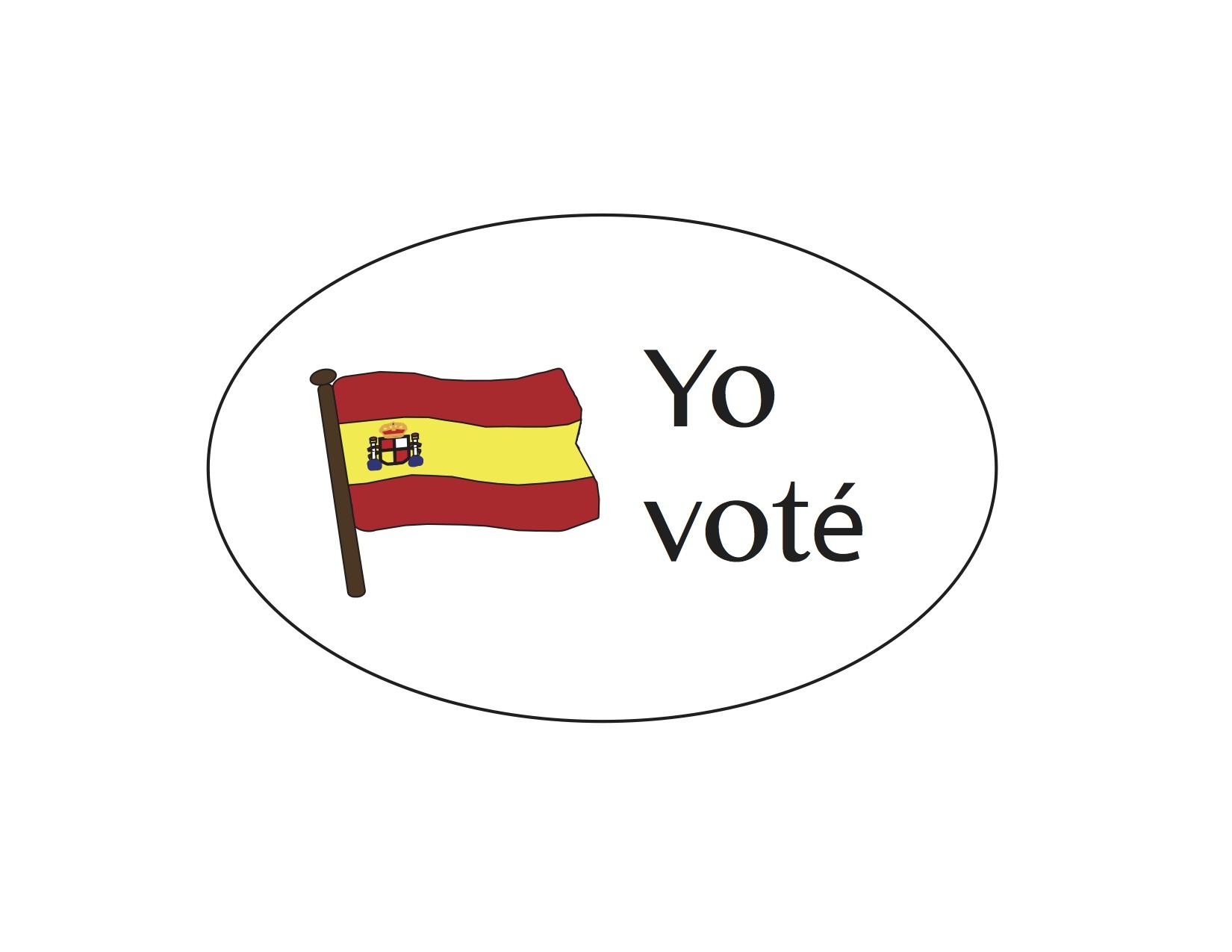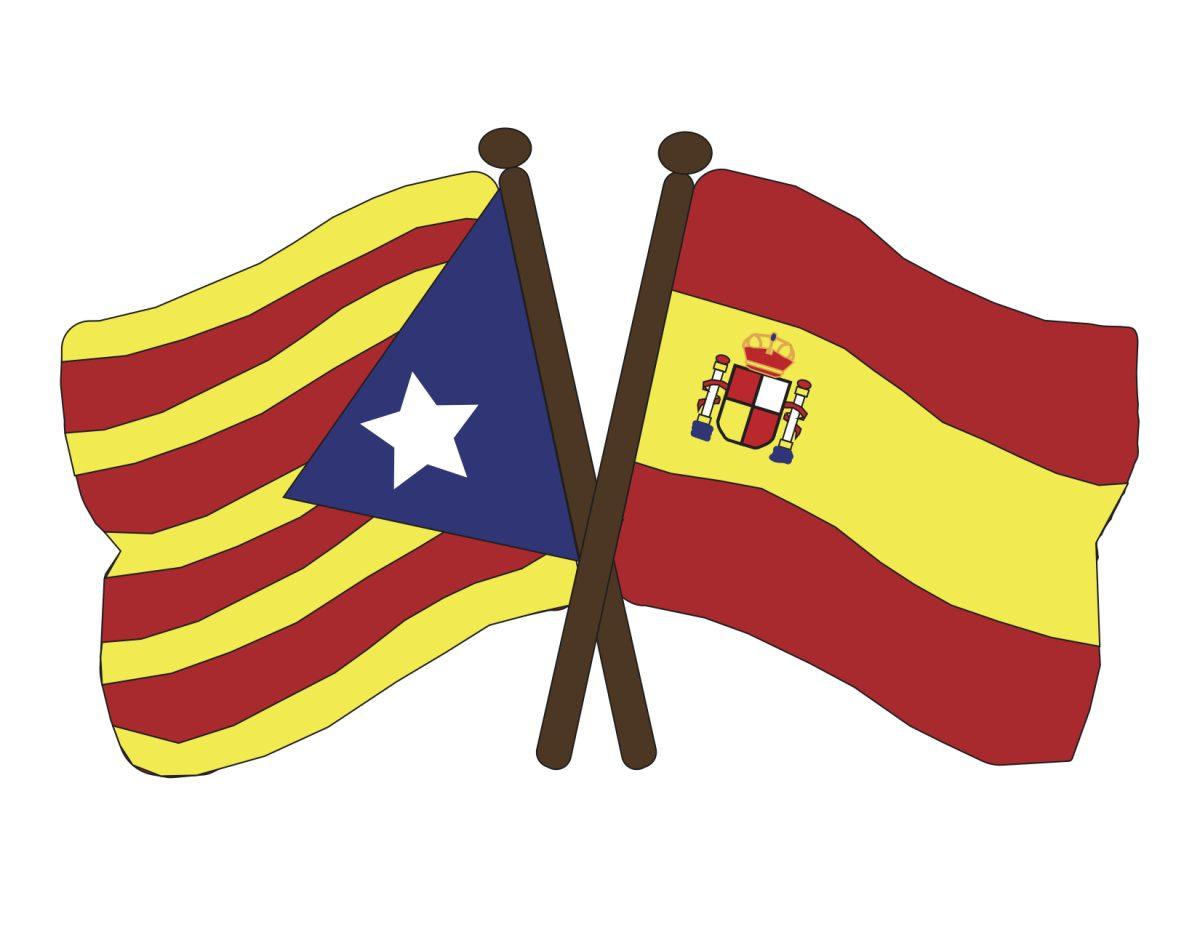Thoughts on Catalonia’s referendum for independence
The development of Catalonia’s independence referendum from Spain has commanded much of my attention these past few weeks. First, I have a personal connection to this story through two Catalan friends of mine who have been participating in the voting process. Second, as an international relations major, I am interested in the impacts that this situation may have on the future of the European nation-state.
However, I believe there is a much less technical lesson to be learned from this story. After talking with my peers about the issue, I have come to realize how much the relationships we form affect our worldview and how much we should question the values gained from such relations
Before looking at the two lessons, it’s important to have a little background on the situation. First is the fact that this is not the first time Catalonia has pushed for independence. There has been a steady push for greater autonomy in the region since the brutal dictatorship under Francisco Franco starting in 1939, under which thousands of Catalans were either killed or exiled, according to a BBC timeline.
In addition, Catalonia held a recent vote on independence, which the Spanish government deemed unconstitutional and deployed police forces to interrupt the process. These police forces used brutal tactics which left hundreds injured. After the results came in, 90 percent of Catalan voters called for independence, but the Spanish government refuses to acknowledge the vote.
However, the results may not represent the opinions of those who oppose independence and may have abstained from the vote since it was not sanctioned by the Spanish government, according to CNN reports. For example, there was a large demonstration of anti-independence Catalans on Oct. 8. Now, Spain sits on edge as Catalonia leader Carles Puigdemont threatens to declare independence in the upcoming weeks.
With all this said, I must confess I was excited for my Catalan friends who were in favor of independence, but began to acknowledge the origin of my bias as I talked with other friends who studied abroad in Spain.

While my friendship with my Catalan friends offered me an affinity for the Catalan cause, my friends who studied abroad in Spain, specifically in Madrid and Granada, were less sympathetic to the independence movement, based on their loyalties to the country they briefly called home.
Although none of us had any real knowledge of the situation, we all had preconceived notions of what was the best course of action for Spain. What we believed to be best for Spain and Catalonia seemed to be influenced by the friendships we had formed and the things we had experienced. While this observation seems relatively obvious, I think all too often we forget how much our belief systems can be influenced by subjective factors.
This movement reminded me of the importance of checking those subjective affinities in the interest of understanding what may be a good course of action, objectively. This is not an effort to diminish personal relations or to deny a call to action of supporting those you care about, but rather just a wake-up call in how our perceptions of the world are formed.
I wish the best for my friends in Catalonia, and I wish the best for Spain. This might be independence, but the path to independence seems to be riddled with hardship. However, the insights which I outlined above are relevant to situations much closer to home. I encourage all my peers, especially those who are politically interested, to acknowledge the biases they have based on their relationships and experiences.
We all have these biases, and in many cases they are valuable, as they form who we are. But, as the Washington Post reminds us, “democracy dies in darkness,” and that darkness is caused by a lack of curiosity. Learn, be curious and hope that this may provide an ever brighter future for ourselves and those around us.














































